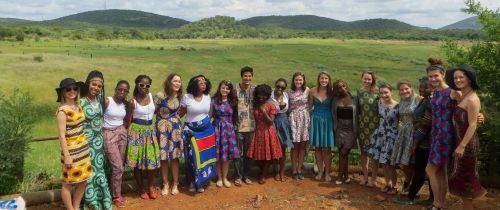
City-Specific Resources for Studying Abroad
Our resources providing city-specific cultural context are currently being updated. In the meantime, if you have specific questions or concerns regarding student life in a given location, please email studentsupport@ciee.org. We would be glad to have local staff share their perspectives, talk with you about accommodations, connect you with resources, and/or put you in touch with a program alum who could speak about their experiences navigating a program in this location.
No matter where you choose to study abroad with CIEE, our staff will be on hand throughout your program to provide advice, resources, and support.
For information about local laws and special circumstances, as well an up-to-date safety and security perspective, please visit the U.S. Department of State Travel website.